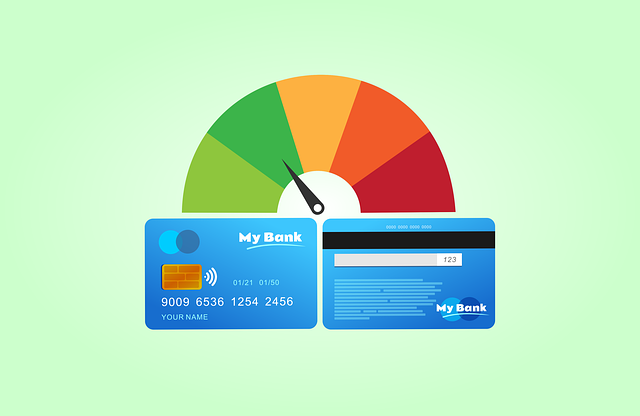Find out why it is important to track your credit score to have healthier finances!
Are you in need of a fresh start on your finances? If so, it’s important to understand the importance of keeping track of your credit score!
Also, it might seem like an intimidating task, but don’t worry – with a little bit of knowledge and consistent effort. You can get back on track and be well on your way to getting the financial freedom you deserve.
Therefore, in this blog post, we’ll explore why tracking your score is essential and how it can help improve your current situation and lead to a more secure financial future!
So, keep reading for all the tips and tricks that will give you insight into how best to practice responsible credit management!
What is a credit score?
A person’s credit score is a numerical representation of their whole credit history. The three-digit number indicates how consistently you pay back loans and other financial obligations.
That’s one of the reasons why your score is so important and why you should track your score.
Moreover, the three main credit bureaus that use the information provided by creditors to generate your credit scores are Equifax®, TransUnion®, and ExperianTM.
This way, creditors are businesses to which borrowers owe money or have made payments. Mortgage and student loan service providers, credit card issuers, landlords, and utilities may all submit payment information to credit bureaus.
The credit score also considers the variety of credit you have. Use a wide range of credit accounts to show potential lenders that you can handle different kinds of debt, which could boost your score.
That’s why diversifying your credit mix (credit cards, mortgages, personal loans, etc.) can help your score somewhat.
Why is it important to keep track of your credit score?
Credit reports and scores can tell you a lot about your financial health. Examining your credit history (covered in credit reports) and credit scores might give you some idea of where you are financially.
Moreover, your score and credit history will play a role in determining the terms of your loan, including the interest rate, so this information must be accurate and complete.
Also, although credit scores are calculated using data from credit reports, you will not receive both documents at the same time.
In addition, you may have more than one credit score, which can be another great reason to keep track of all your score numbers.
You never know which credit score type a financial company may require to check when you apply for a credit card, loan, or other financial product.
Moreover, if you’re wondering if you can get a credit card even with a poor credit score, you should know that it is possible! And you can even use your credit card for poor credit to improve your score and get better financial opportunities!
4 tips to keep track
Now that you’ve learned how important it is to keep track of your score, you should learn some tips on how to do it!
Therefore, we’ve prepared some tips to help you learn how to keep track of your score and always have a healthy financial life. So, read on!
1 – Use free or paid tools
You may get your score, as well as your FICO® Scores, VantageScore, and other financial information from several free sources.
Also, you can even use mobile apps, such as the Experian mobile app, available for both Android and Apple smartphones.
Therefore, with this type of tool, you can access your FICO® Scores from all three major credit agencies with the push of a button.
So, since tracking all types of credit scores can be good, you can also find ways to check your VantageScore.
Moreover, one or more credit bureaus offer information available for free on a wide variety of websites.
2 – Make, checking your score as part of your routine
Avoiding late payment fines requires establishing a regular payment schedule for monthly expenses. This way, it is a good idea to check your score alongside your credit card statements whenever you access your accounts online!
Therefore, if you compare your credit score to your most current credit card statements, you can better understand the factors that contributed to the fluctuations in your score.
This way, you won’t forget to check your score or pay your bills!
3 – Set alerts to see if your score changes
You can use some tools to help you better manage your time and give you reminders to check your credit score!
Also, you can set up frequent times to sit down and check your score and see how you can keep improving it! This way, you can remember to check your score every couple of months or more times!
It is important to check your score at least once a year. However, if you have a financial plan to improve your finances, it can be best to check it more times during the year.
4 – Understand what affects your score
It doesn’t matter what platform you choose to view your credit report; you’ll always get an explanation of the calculations behind your score.
Also, if your score suddenly changes and you’re curious why you’ll most likely find an explanation on the tool.
However, since score updates can lag behind your activity by many months, it’s crucial to keep a look out for any unexpected notices that you’ve recently applied for credit, opened new accounts, or significantly increased your existing charge balances.
Other things can affect your score, such as on-time bill payments and how much you apply for credit, and some company checks your score.
So, you should know how your score works and changes to keep track of it better!
Now that you’ve learned how to keep track of your credit score and why it is important, you should be able to improve your finances!


